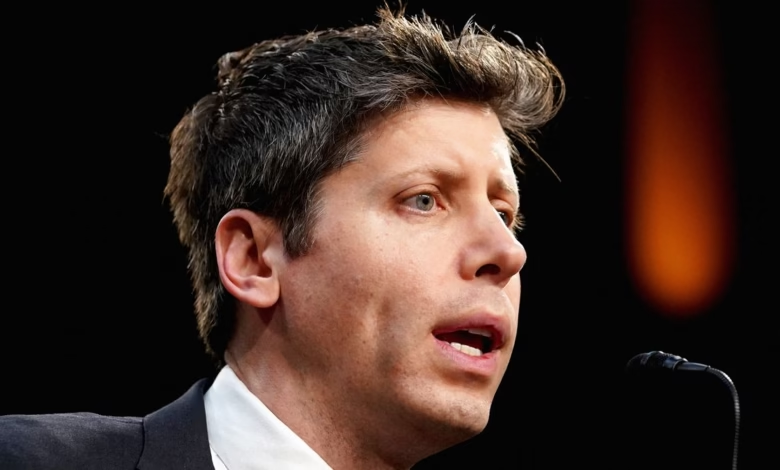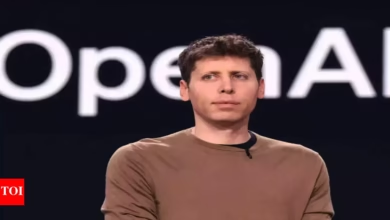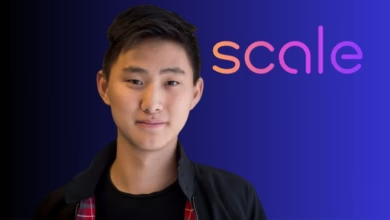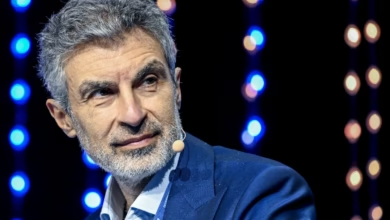OpenAI’s Secret AGI Paper May Disrupt Microsoft Deal

▼ Summary
– A clause in OpenAI’s contract with Microsoft limits Microsoft’s access to future technologies if OpenAI declares it has achieved AGI, sparking tensions in their partnership.
– Microsoft, which has invested over $13 billion in OpenAI, is pushing to remove the clause and may walk away from the deal entirely.
– OpenAI’s internal research paper, “Five Levels of General AI Capabilities,” caused debate as it could complicate declaring AGI, a potential negotiation leverage point.
– OpenAI’s corporate structure excludes AGI from its commercial terms with Microsoft, defining AGI as a system outperforming humans in most economically valuable work.
– Negotiations reveal disagreements over AGI timelines, with OpenAI considering invoking the clause based on an AI coding agent and Microsoft doubting AGI will be achieved by 2030.
A little-known provision in OpenAI’s agreement with Microsoft has unexpectedly become the center of a high-stakes corporate standoff, potentially reshaping one of tech’s most influential partnerships. The clause, which restricts Microsoft’s access to OpenAI’s technology if artificial general intelligence (AGI) is achieved, has sparked intense behind-the-scenes negotiations as both companies grapple with its implications.
Microsoft, having invested over $13 billion in OpenAI, is now pushing to remove the AGI clause entirely, with reports suggesting the tech giant might abandon the deal if its demands aren’t met. The dispute escalated late last year when an internal OpenAI research paper, Five Levels of General AI Capabilities, fueled debate about how AGI progress should be measured, a classification that could directly impact contractual obligations.
OpenAI downplayed the document’s significance, calling it an early attempt to standardize terminology rather than a formal scientific study. However, insiders reveal the paper’s framework could complicate OpenAI’s ability to declare AGI, giving the startup leverage in negotiations. Microsoft, meanwhile, appears confident OpenAI won’t achieve AGI before their partnership expires in 2030, though sources close to the discussions suggest the clause remains OpenAI’s strongest bargaining chip.
The tension has grown so severe that OpenAI reportedly considered accusing Microsoft of anticompetitive practices, according to recent leaks. At the heart of the conflict lies OpenAI’s charter definition of AGI: a system surpassing human performance in economically valuable tasks. If OpenAI’s board unilaterally declares this milestone reached, Microsoft loses access to future AGI-derived technology and revenue, though it retains rights to prior advancements.
A newly added 2023 provision introduces another layer: “sufficient AGI,” defined by profitability thresholds. Here, Microsoft retains veto power over OpenAI’s determination. The agreement also prohibits Microsoft from independently developing AGI using OpenAI’s intellectual property, further tightening the stakes.
With OpenAI’s leadership reportedly believing AGI is near, potentially within the next few years, the clause transforms from a theoretical safeguard into a tangible threat to Microsoft’s long-term strategy. As renegotiations continue, the outcome could redefine not just this partnership but the broader race for advanced AI dominance.
(Source: Wired)





